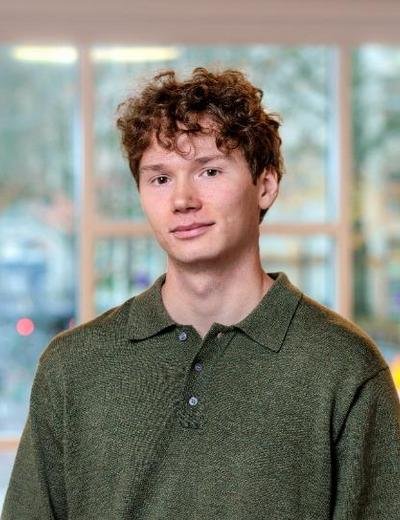DAISI Seminar - Albert Wendsjö

“Polarization, Gender, and Geography: Computational Approaches to Studying Political Rhetoric"
SPEAKER: Albert Wendsjö (University of Gothenburg)
ABSTRACT:
In recent years, advances in machine learning and natural language processing have made it possible for social scientists to analyze textual data at scale. In this talk, I’ll present ongoing work from my dissertation, where I use a range of computational methods to study rhetoric among politicians. The first three papers focus on gender differences in polarizing rhetoric on social media. Drawing on Twitter data from 23 Western countries and survey experiments administered to Swedish citizens and politicians, I study the causes and consequences of polarizing rhetoric. Specifically, I show that online incentives may cause male politicians to become more uncivil in general. Moreover, I show how the interactional nature of social media can lead to hostility spirals, that increase gender differences in hostility over time. In the final paper, I study urban-rural differences in geographical representation. Using 50 years of Swedish parliamentary speech data and a combination of named entity recognition and geocoding techniques, I study how local contexts influence politicians’ use of place-based appeals.
BIO:
Albert Wendsjö is a PhD student in Political Science at the University of Gothenburg. In his research, he is interested in how machine learning, NLP methods and unstructured data can be used to study politics. Substantively, he is interested in affective polarization, political representation, and political behavior more generally.
You may follow the seminar at this link.